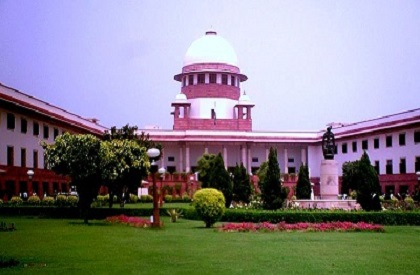'Protest is a right, it's not terrorism', High Court makes it clear, grants bail to 3

Correspondent
NewsBits.in
NEW DELHI: Granting bail to three university students in the case under the stringent anti-terror UAPA, the Delhi High Court said that 'protest is a right'.
The division bench of Justices Siddharth Mridul and Anup J Bhambhani clearly said that, 'it appears that in its anxiety to suppress dissent and in the morbid fear that matters may get out of hand, the state has blurred the line between the constitutionally guaranteed 'right to protest' and 'terrorist activity'.
The HC also said that if this mindset gains traction, 'it would be a sad day for democracy, which would be in peril'. The bench also highlighted the lack of evidence in the Delhi police chrages under the Unlawful Activities Prevention Act (UAPA). The bench granted bail to JNU students Devangana Kalita, Natasha Narwal and Jamia Millia Islamia student Asif Iqbal Tanha.
'Foundations of our nation stand on surer footing than to be shaken by a protest'
The Delhi High Court also said that charges were 'stretched, verbiage and hyperbole' and that state blurred the lines between 'right to protest' and 'terrorist activity' and if such blurring gains traction, democracy will be in peril.In fact, the court held that the foundations of our nation stand on surer footing than to be shaken by a protest.
The division bench observed, "..but we can discern no specific or particularised allegation, much less any material, to bear out the allegation that the appellant incited violence, what to talk of committing a terrorist act or a conspiracy or act preparatory to the commission of a terrorist act as understood in UAPA".
Meanwhile, in a separate development, the 'breach of peace' charges against Kerala journalist Siddiq Kappan, who was detained on way to meet the Hathras gangrape victim's family, have been dropped by a court in UP. The court took the decision as the police has not been able to complete inquiry under this section within six months. However, other charges against him, remain.









